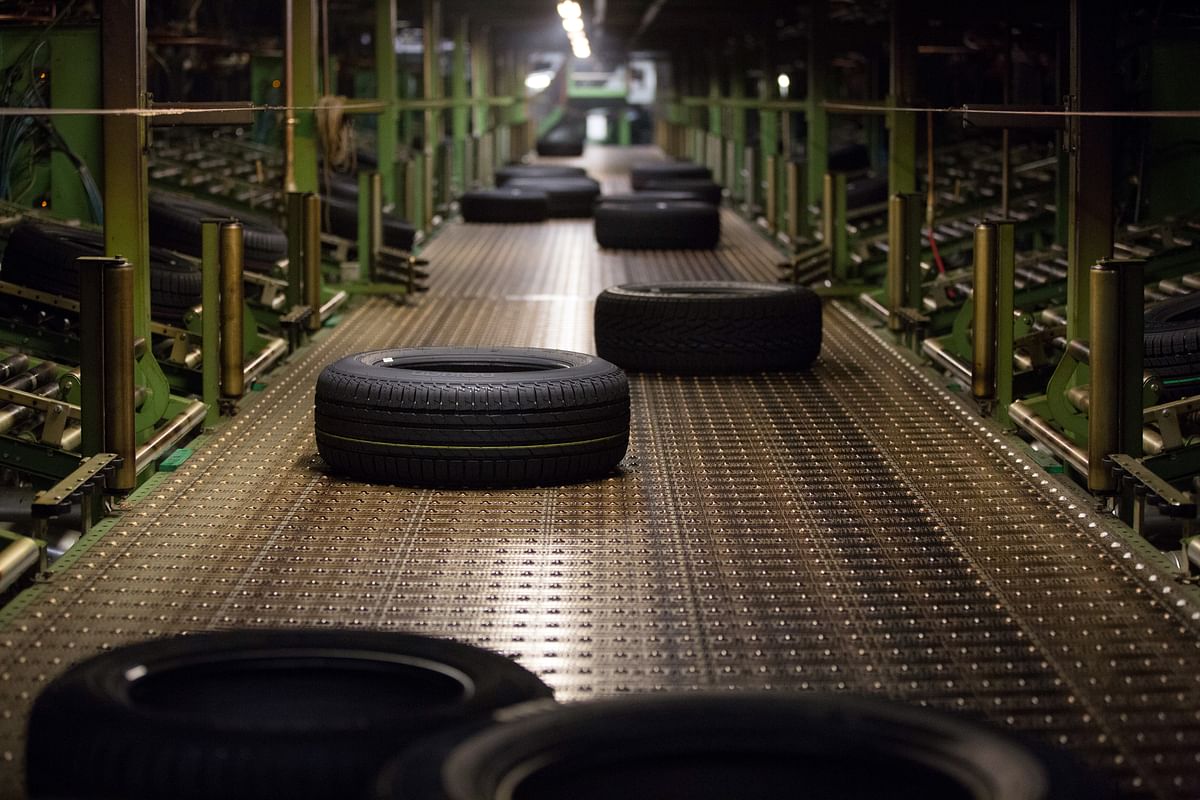CCI imposes ₹1,788 cr penalty on Apollo, MRF and other tyre manufacturers
The Competition Commission of India (CCI) said today that the Supreme Court has dismissed a petition filed by tyre companies wherein they had challenged the regulator's order to impose penalties of more than Rs 1,788 crore on them for indulging cartelisation.
CCI has imposed penalties of Rs 425.53 crore on Apollo Tyres, Rs 622.09 crore on MRF Ltd, Rs 252.16 crore on CEAT Ltd, Rs 309.95 crore on JK Tyre and ₹178.33 crore on Birla Tyres.
It also asked them to cease and desist from indulging in unfair business practices.
ATMA was fined Rs 8.4 lakh and ordered to withdraw and distance itself from charging wholesale and retail prices through member tyre companies or otherwise. The statement also said that some people from the tyre companies and ATMA have been held accountable for anti-competitive behavior.
Earlier in August 2018, the watchdog imposed a total fine of over Rs 1,788 crore on Apollo Tyres, MRF, CEAT, Birla Tyres, JK Tyre and Industries and the Automobile Tyre Manufacturers Association (ATMA).
The government statement said Tyre manufacturers had exchanged price-sensitive data with each other through its ATMA platform and making collective decisions on tyres prices.

They were found to have violation of Article 3 of the Competition Law during 2011-2012. This section prohibits anticompetitive agreements.
An appeal against the ICC order was lodged with the Madras High Court and was dismissed on January 6 this year.
“The tyre companies were upset about this, as they favored SLPs (special license petitions) before the esteemed Supreme Court, which were rejected by its order of 01.28.2022,” the regulator said in a statement on Wednesday.
CCI noted that the case was initiated on the basis of a referral received from the Ministry of Corporate Affairs and that the referral was based on a representation made by the All India tyre Dealers Association (AITDF) to the ministry.
The regulator found that the companies and the association had indulged in cartel formation by working together to increase the prices of crossover/biased tyre variants being sold on the replacement market and to limit and control production and market supply.
The watchdog, citing its order, said in the statement that sharing such sensitive information facilitated coordination between tyre manufacturers.
Also Read: Union Budget 2022 – Effects and implications on the auto sector